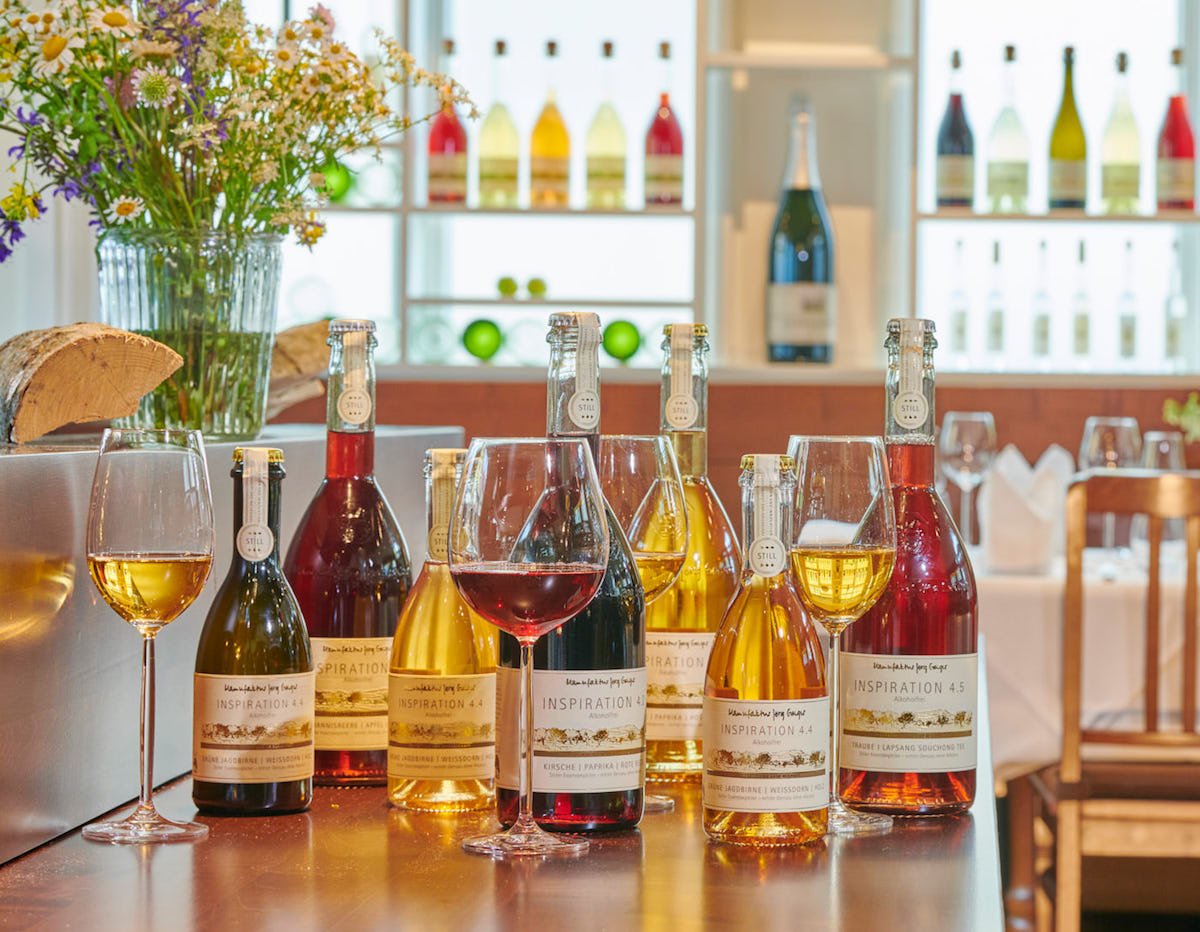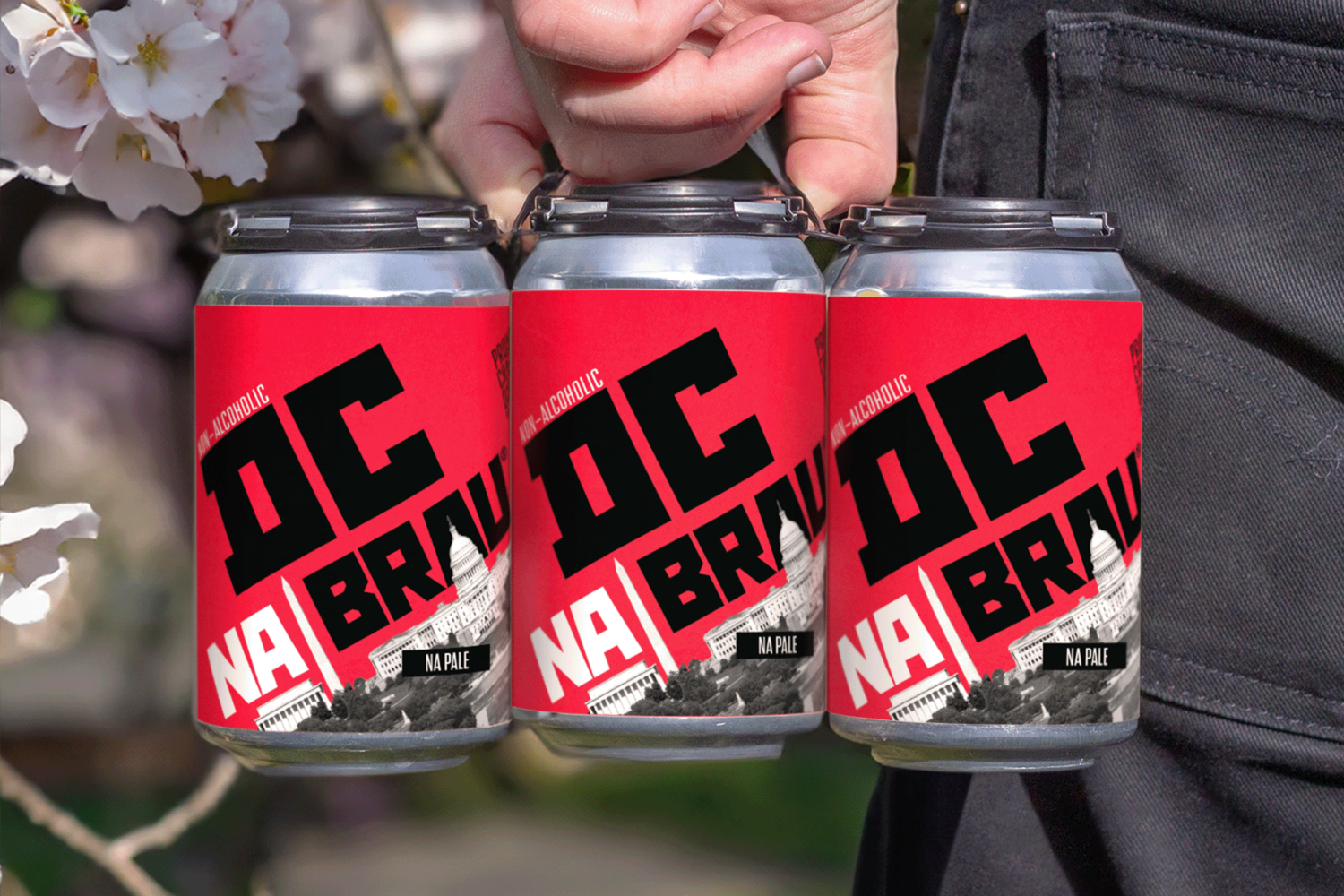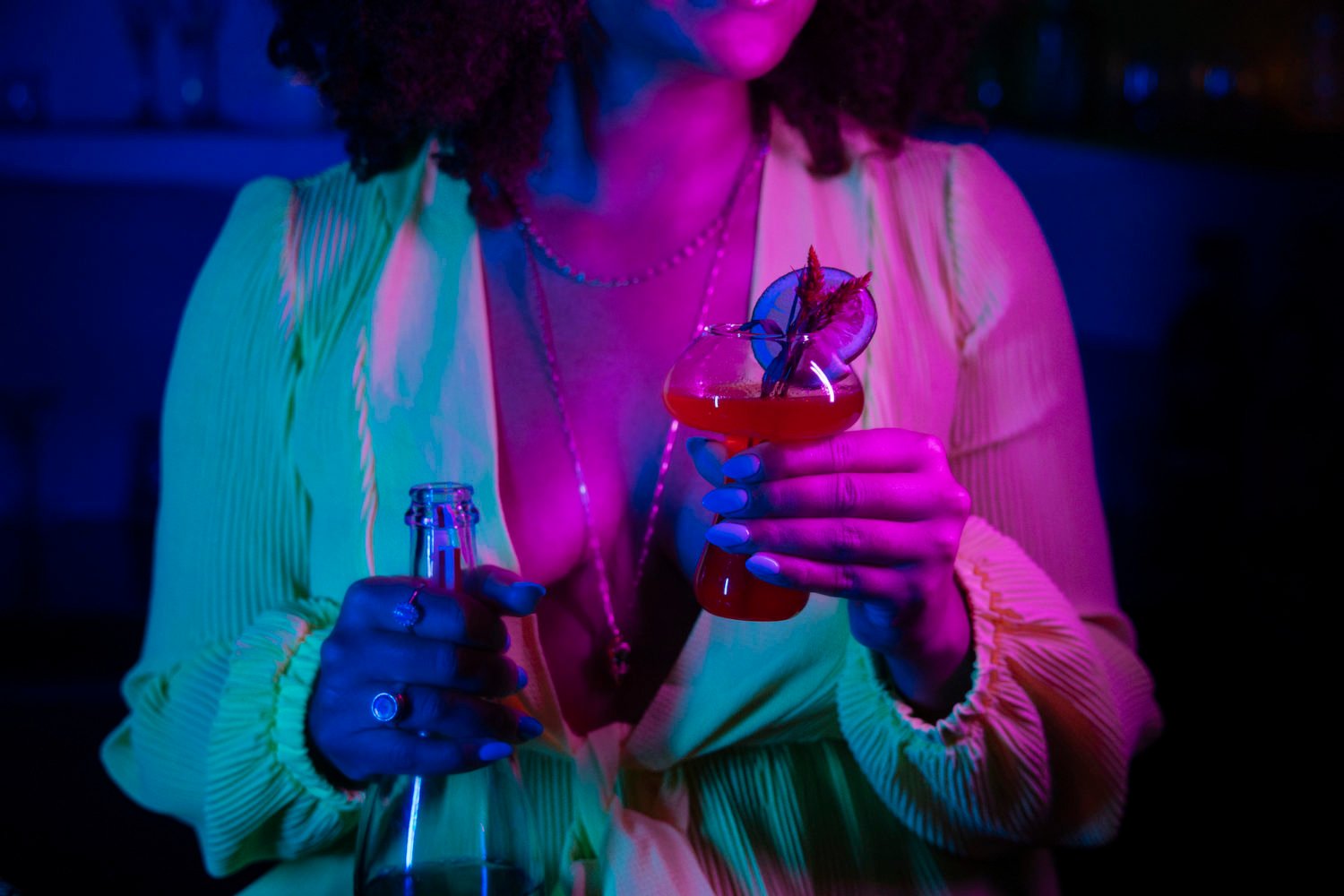The most surprising moment of my last meal at José Andrés’s modernist Minibar wasn’t a shaved ice salad or exploding foie gras bomb. It was my dining companion’s non-alcoholic “virtue pairing,” which was every bit as interesting, complimentary, and delicious as my wine and cocktail-filled version. At times, even more so.
Credit, at least in small part, husband-and-wife team Bruce and Tammy Blosil and their Bristow, Virginia-based non-alcoholic beverage company, Delmosa. Like a fine wine importer, Bruce Blosil travels the world to source specialty zero-proof beverages from boutique producers—largely European—and distributes them to some of the top restaurants in the US, including the French Laundry and Pineapple and Pearls (they’re also available for purchase on the company site). Another similarity to wine: terroir—the soil, climate, and other environmental elements in which the beverages are produced—plays a crucial role.
Blosil, a political journalist-turned-hospitality vet who worked with the likes of Jean-Georges Vongerichten in NYC, founded the company after returning to Washington in 2014. His portfolio doesn’t include mocktails, zero-proof “spirits” like Seedlip, or non-alcoholic wines—all of which have risen to popularity in today’s “sober-curious” movement. Instead, he homes in on producers—including established wineries and cideries—that use heirloom fruits, berries, vegetables, and herbs to create complex drinks with food-friendly, wine-like qualities.
“All of our beverages are connected the land and soil like wine,” says Blosil, who is sober himself. “We talk about them using those terms: complexity, tannin, structure. We’re not anti-alcohol. It’s indispensable to our products. We have wine drinkers who love our beverages for those occasions they’re not drinking. It’s more about food lovers and people who like an interesting backstory.”
Take, for example, a sparkling cuvée “Prisecco” from German wine and cider maker Jörg Geiger, which is derived from heirloom apples and pears—the same meadow fruits from centuries-old, mountainous trees used in their hard ciders. Or a line of what Blosil calls “elegant rhubarb juices”—sparkling and still—from a woman-owned company in Quebec. Or the robust Roomi Svarta Vinbär-Aronia, a game-friendly drink fashioned in Sweden from native blackcurrants and chokeberries. In some cases, Blosil approached established producers about creating new non-alcoholic beverages—as he says was the case with Eric Bordelet, a renowned Normandy cider maker whose family estate boasts trees that predate the French Revolution. Now similar fruits are used in his first non-alcoholic “sydre,” a lightly sparking juice with notes of straw and apricot marmalade.
Blosil recalls Bordelet’s first reaction to his request for a zero-proof cider: “‘Would you ask Château Pétrus to make you grape juice? I don’t make kids’ drinks.’” But then he came around.
“That beverage is more challenging to make—it’s difficult to blend those bittersweet apples and get the same experience without fermentation,” says Blosil. “The producers don’t apologize for it. They’re putting their name on it because that represents their craft.”
Of course, craft and pre-Revolution apple trees don’t come cheap. The Eric Bordelet Perlant sells for $17.99 on Delmosa’s website (most of their beverages land in the $13 to $20 range). Eventually Blosil hopes expand Delmosa’s brick-and-mortar retail selections; currently you may find their bottles at UnWined in Alexandria.
If cities like New York can sustain sober bars, perhaps Washington is at least ready for a dedicated non-alcoholic beverage shop?
“Down the line that’s something we would love to do. There’s a lot of interest,” says Blosil. “You see articles about the detrimental effects of nonstop happy hour. People are becoming more health-conscious. And the whole rising tide of the food scene—its created a general interest in quality.”



















